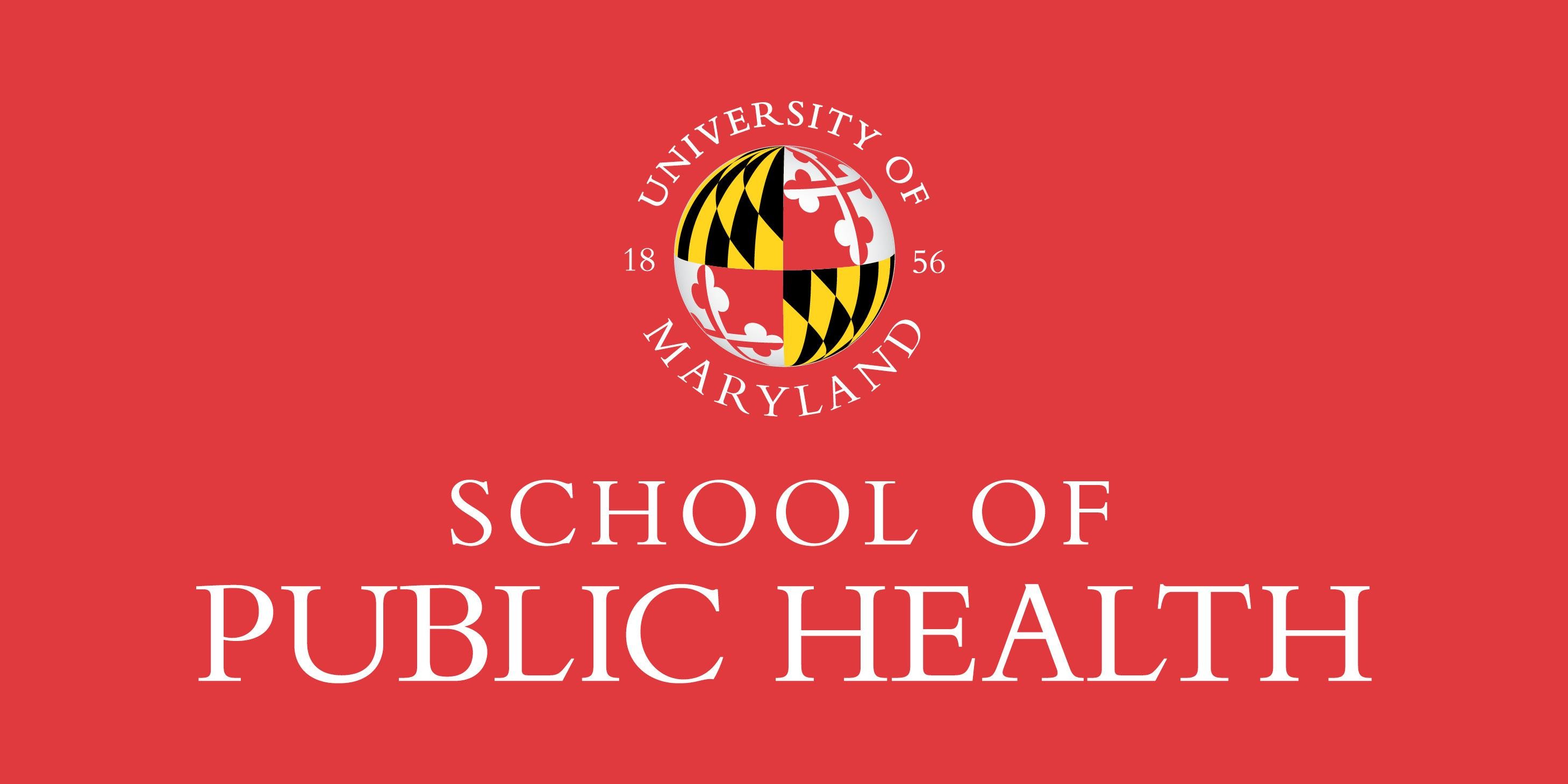
The University of Maryland School of Public Health hosted a teach-in and national research summit focused on strategies to eliminate gun violence as a leading cause of injury and death, from April 24-26. The events were led by Professor of the Practice Woodie Kessel and Dean Boris Lushniak with input from SPH faculty and staff and a national steering committee.
The Teach-In on Activism to Prevent Gun Violence engaged the greater Washington and Baltimore communities in a discussion with students, community activists (including Erricka Bridgeford from Baltimore Cease Fire 365, pictured), researchers, and law enforcement focusing on the far-reaching impacts of gun violence and ways to support efforts to stop preventable casualties.
Panelists included Andrea Chamblee, who addressed students saying: "This is the first generation that has to deal with lock down drills and 'run hide fight' as status quo and I hope you don’t accept it," adding "This is the civil rights issue of our time." Chamblee’s husband John McNamara was killed in the Capital Gazette newsroom mass shooting in 2018.
U.S. Rep. Jamie Raskin (D-Md.) provided updates and perspective on the challenges of mobilizing an effective government response in the current political climate, but cited the Bipartisan Background Checks Act as a potential bright spot.
The event was followed by a two-day research summit attended by about 75 national research experts along with leading activists and advocates to build a collaborative research agenda. Researchers attended from several ASPPH schools (among them Maryland, Johns Hopkins, Michigan, New York University, Drexel), and the Brady Campaign’s Kris Brown and the Giffords Law Center’s Lindsay Nichols gave keynotes.
Kris Brown discussed a Brady and AdCouncil campaign to address the fact that eight kids are killed a day by "family fire." The "End Family Fire" video appeared on television, in print, on outdoor signage and online beginning in fall 2018.
While the Brady Campaign has found a way to fund this substantial advertising campaign, summit participants discussed the need to do more to effectively counter the powerful NRA media machine, noting that the annual combined budgets for all the advocacy groups working to end gun violence is a fraction of the NRA's funding.
Summit discussions also addressed characteristics of American gun violence, potential legal responses and its intersection with issues of racism, economics, media and politics. Attendees strategized around how to secure funding for needed research now that the Centers for Disease Control and Prevention is allowed to fund gun violence research. Yet, available funding for firearm injury and mortality research remains inadequate.
Organizers of the national summit are planning a fall 2019 meeting to implement next steps.
Related Links: